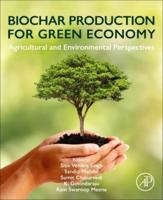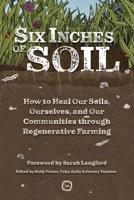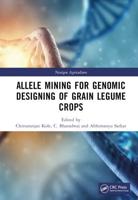Publisher's Synopsis
In every respect, human development and human security are closely linked to the productivity of ecosystems. Our future rests squarely on their continued viability. UNDP, UNEP, World Bank, World Resources Institute: World Resources 2000- 2001. People and Ecosystems. The Fraying Web of Life. 1. OBJECTIVE OF THE BOOK Soil, surface waters/sediments and shallow unprotected groundwater aquifers are interrelated compartments of the environment that are particularly easy to compromise, sensitive to short- and long-term pollution and directly affect sustainability of ecosystems and human health. Routine human activity such as application of fertilizers and pesticides in agriculture and forestry, or wet and dry deposition of atmospheric pollutants emitted from industrial plants, waste disposal and other practices adversely affect soil and water quality that already increasingly suffers from mismanagement in many areas. The predominant sources of pollution result in non-point contamination that is particularly difficult to reduce and control. Wars, accidents and natural emergency cases such as catastrophic floods that occur partly due to anthropogenically disturbed global water balance also add to overall increase of diverse contaminant loads in soil and water. Beneficial properties of some bulk waste materials such as biosolids (sewage sludge), biowaste (e. g. municipal waste composts) or fly ash from coal combustion xi xii Preface encourage applying these waste to land as a source of nutrients and organic matter, or as a soil amendment.










